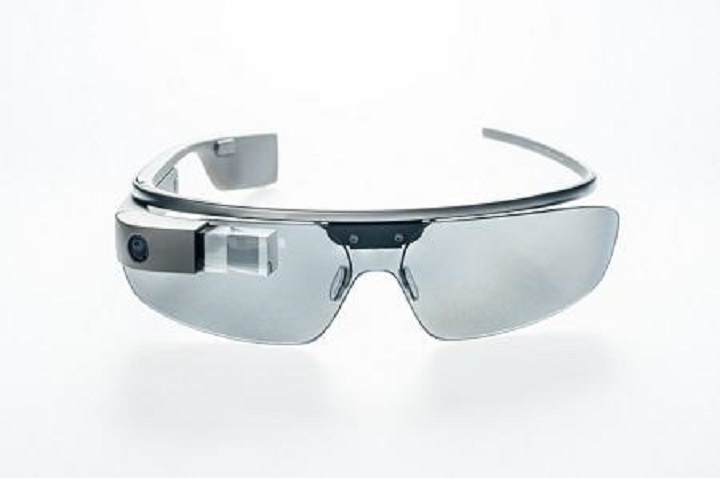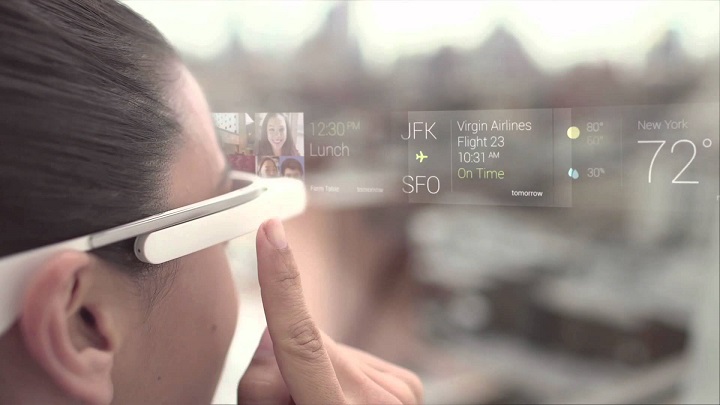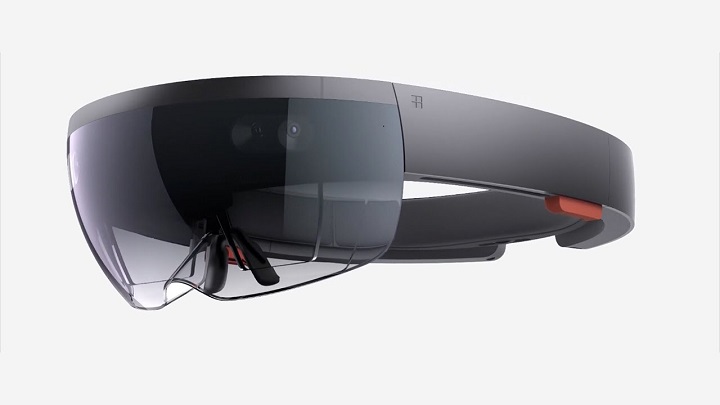Google Glass Returns From the Dead
Tech giant, Google, has revealed that their Project Glass, more commonly known as Google Glass, is making a return. The smart glasses project that started in 2014 was thought to have definitely been canned when Tony Fadell, the executive in charge of the project, resigned last year. However Google’s parent company, Alphabet, decided to keep the project going through their X division.
A Brief Background
Google Glass is a smartphone-like optical display device. It’s worn like a pair of glasses and the earlier versions don’t really have any lenses. While it has everything a smartphone has, what it can’t do is connect to the Internet using data. So it connects to the Internet only through WiFi or Bluetooth tethering to the smartphone and connect to My Glass App. This was first announced in 2012 during the Foundation Fighting Blindness event. In 2013, Google released the explorer edition in the US for $1,500. The explorer edition is part of Google’s beta testing program known as Google Glass Explorer, which meant to gather feedback from its users. By January 2015 the program ended and the following month Google announced that the Glass was being redesigned by Tony Fadell, a former Apple executive. Sadly Fadell left one year afterwards and everyone thought that Google has abandoned the project.
There were two versions of the Glass Explorer. Specs include:
- Android 4.4
- 5-megapixel camera, capable of 720p video recording
- Wi-Fi and Bluetooth capabilities
- 16 GB storage (12 GB is also available)
- And 1 GiB RAM
The second version increased the RAM to 2 GiB and added prescription frames for their users.
The Return
Then on July 18th an article in Medium appeared saying that Glass will become even more available to businesses via their network of partners. Google has apparently been working with other fields and industry, like manufacturing and healthcare, to perfect the Glass. Jay Kotahri, a project lead, revealed that they’ve been working with DHL, General Electric and Dignity Health, letting their workers and medics use the Glass to assist them on their work.
He also said that they have spent the past 2 years closely working with 30 expert partners belonging to a network in building business solutions and customized software for Glass for people in said fields.
The new Glass that’s going to be released, (known as the Enterprise Edition) has improved on a lot of things compared to its earlier Explorer Edition. These improvements include:
- a better processor
- an 8 megapixel camera
- the camera button now doubling in detaching the electronics from their frame, thus attaching them to safety and prescription glasses is made easy
- the battery life of about 8 hours (from 5 hours) of typical use that excludes video streaming
- better Wi-Fi connectivity
Google would likely target businesses with the Google Glass, given how their beta testers are mostly businesses for the last two years. But they would have a lot of catching up to do because other augmented reality (AR) headgear are already on the market, like Vuzix, Meta and Epson. Their greatest rival at the moment is, of course, Microsoft.
The HoloLens
Microsoft has their own smart glasses out in the market right now, the Microsoft HoloLens. The technology for this headgear traces back to the Xbox Kinect. Both the specs and the design vastly differ from that of the Glass. They’re already way ahead of Google in terms of features and technology, except when it comes to battery life. It currently has a Developer’s Edition, that came out in March 2016, being sold for $3,000 and a Commercial Suite that costs $5,000.
Both Samsung and Asus seem to have their own plans on creating smart glasses as they are both seeking partnership with Microsoft for creating smart glasses of their own based on the HoloLens design. We’ll have to wait and see if they too will end up as major rivals for Google’s newly revived Glass.


